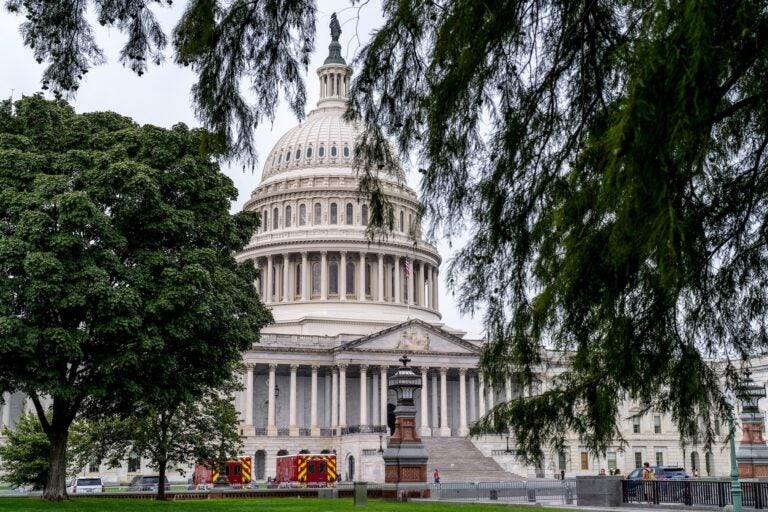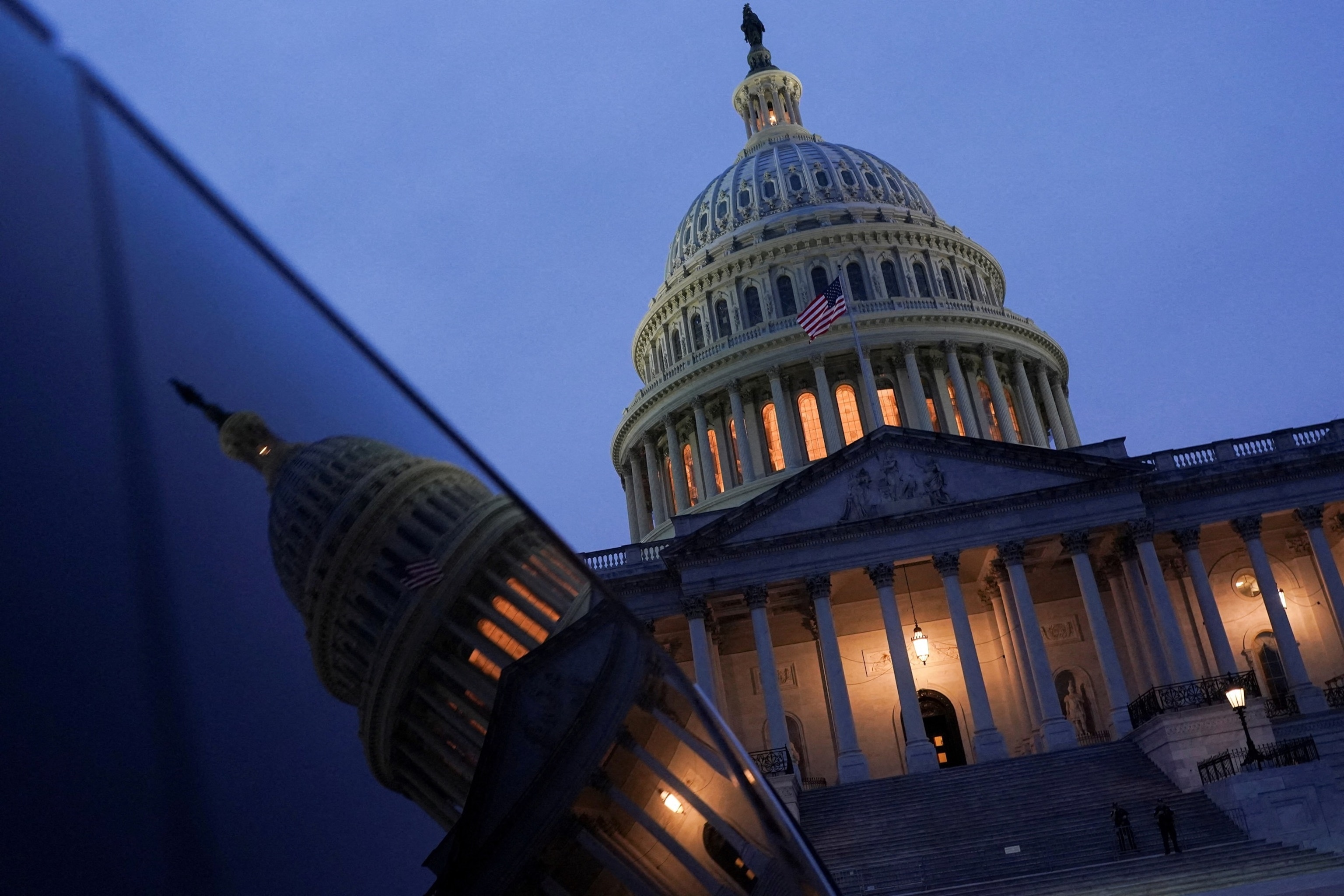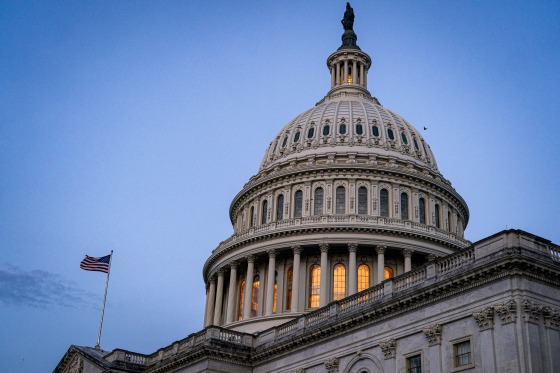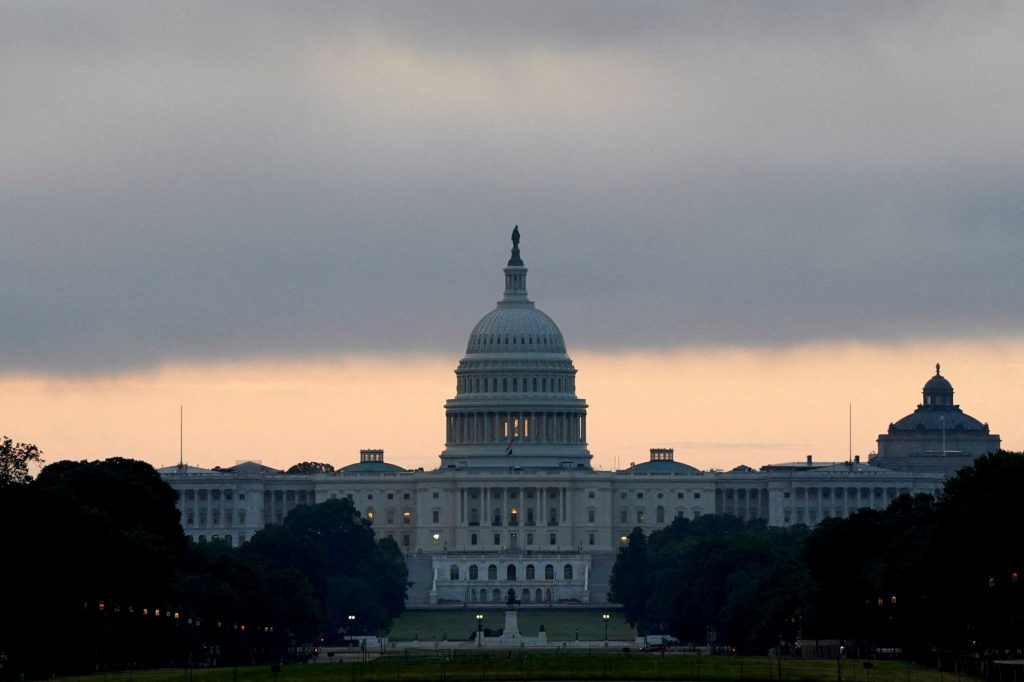Government Shutdown 2025 Update: Federal Funding Crisis Looms at Midnight
Government Shutdown 2025 Update: Federal Funding Crisis Looms at Midnight
Table of Contents

Current Shutdown Crisis Overview
The United States federal government stands on the brink of its first shutdown in nearly seven years, with funding set to expire at midnight on September 30, 2025. This government shutdown 2025 update reveals a bitter partisan standoff between Democrats and Republicans that threatens to furlough approximately 750,000 federal employees and disrupt essential government services across the nation.
The current crisis centers around Congress's failure to pass a continuing resolution (CR) to extend federal funding into fiscal year 2026. While the House passed a Republican-backed bill to fund the government through November 21, Senate Democrats have rejected the measure, demanding additional provisions related to health care subsidies and other priorities.
Key Players and Political Standoff

President Trump has blamed Democrats for the impending shutdown, while Senate Minority Leader Chuck Schumer (D-NY) and House Minority Leader Hakeem Jeffries (D-NY) argue that Republicans are refusing to negotiate on critical health care issues. The political blame game intensified after Trump posted a controversial AI-generated video mocking Democratic leaders following a White House meeting on Monday.
Congressional Leadership Positions
Senate Majority Leader John Thune (R-SD) has maintained that Republicans won't be "held hostage" by Democratic demands, arguing that the clean continuing resolution should be noncontroversial. However, Democrats require at least eight Republican senators to vote with them to reach the 60-vote threshold needed to pass their alternative funding bill.
The House, controlled by Republicans, is currently in recess until October 7, making immediate negotiations challenging even if a bipartisan agreement emerges from the Senate.
Health Care Subsidies at Center of Dispute
The primary sticking point in these government shutdown 2025 negotiations involves Affordable Care Act (ACA) subsidies that are set to expire on December 31, 2025. These expanded tax credits, originally implemented during the COVID-19 pandemic in 2021, help millions of Americans afford health insurance premiums.
Democratic Demands
Democrats are insisting on immediate extension of these health care subsidies, arguing that failure to act will result in higher insurance premiums for middle and low-income Americans. They also want Republicans to reverse Medicaid cuts enacted in Trump's recent tax legislation package.
Republican Position
While some Republicans have expressed openness to extending the tax credits, many oppose the measure. GOP leaders argue that health care subsidies should be addressed separately from government funding, suggesting Democrats can negotiate these issues after passing the clean continuing resolution.
Impact on Federal Workers and Services
According to the Congressional Budget Office, approximately 750,000 federal employees could face furloughs during a government shutdown, with daily compensation costs reaching $400 million. Unlike previous shutdowns, the Trump administration has indicated it may implement "reduction in force" measures, potentially firing rather than temporarily furloughing non-essential workers.
Essential vs. Non-Essential Services
During a shutdown, essential services continue operating, including:
- Military operations and national security
- Air traffic control and TSA security
- Social Security benefit payments
- Emergency medical services
However, many government services would be suspended, including national parks, passport processing, and various federal agency operations. Federal workers deemed essential would continue working without pay until funding is restored.
Economic Consequences of Shutdown
Government shutdowns carry significant economic costs beyond federal worker wages. The Congressional Budget Office estimated that the 35-day shutdown in 2018-2019 cost the U.S. economy $3 billion in permanently lost economic activity.
Market and Industry Impact
Key sectors affected by government shutdowns include:
- Federal contractors and subcontractors facing delayed payments
- Tourism industry near national parks and monuments
- Small businesses dependent on federal loans and services
- Agricultural sectors requiring federal inspections

Previous Government Shutdowns
The United States has experienced multiple government shutdowns since the modern budget process began in 1977. The most recent major shutdown occurred from December 2018 to January 2019, lasting 35 days during Trump's first presidency over border wall funding disputes.
Shutdown Frequency
Since fiscal year 1977, Congress has successfully passed all appropriations bills by the September 30 deadline only four times (1977, 1989, 1995, and 1997). Short-term continuing resolutions have become the norm rather than the exception in federal budget management.
Frequently Asked Questions
When exactly will the government shutdown begin?
The government shutdown will begin at 12:01 AM on October 1, 2025, if Congress fails to pass a funding bill before the midnight deadline on September 30, 2025.
Will Social Security checks still be sent during a shutdown?
Yes, Social Security benefit payments will continue during a government shutdown as they are considered mandatory spending. However, some Social Security Administration services may be limited.
How long could this government shutdown last?
The duration is uncertain and depends on when Congress reaches a bipartisan agreement. Previous shutdowns have ranged from a few days to 35 days, with the House not scheduled to return until October 7.
What happens to federal workers during the shutdown?
Non-essential federal workers face furloughs without pay, while essential workers must continue working without immediate compensation. This shutdown may involve actual layoffs rather than temporary furloughs.
Will national parks close during the shutdown?
Most national parks will close or operate with severely limited services during a government shutdown, affecting tourism and local economies that depend on park visitors.

Stay Informed - Share This Update
Government shutdowns affect millions of Americans. Share this comprehensive update to help others understand the current crisis and its potential impacts on federal services, workers, and the economy.
